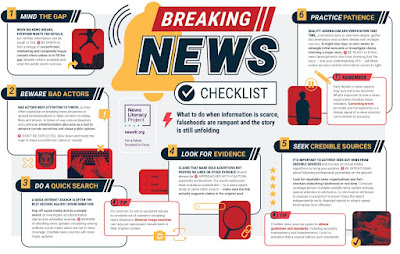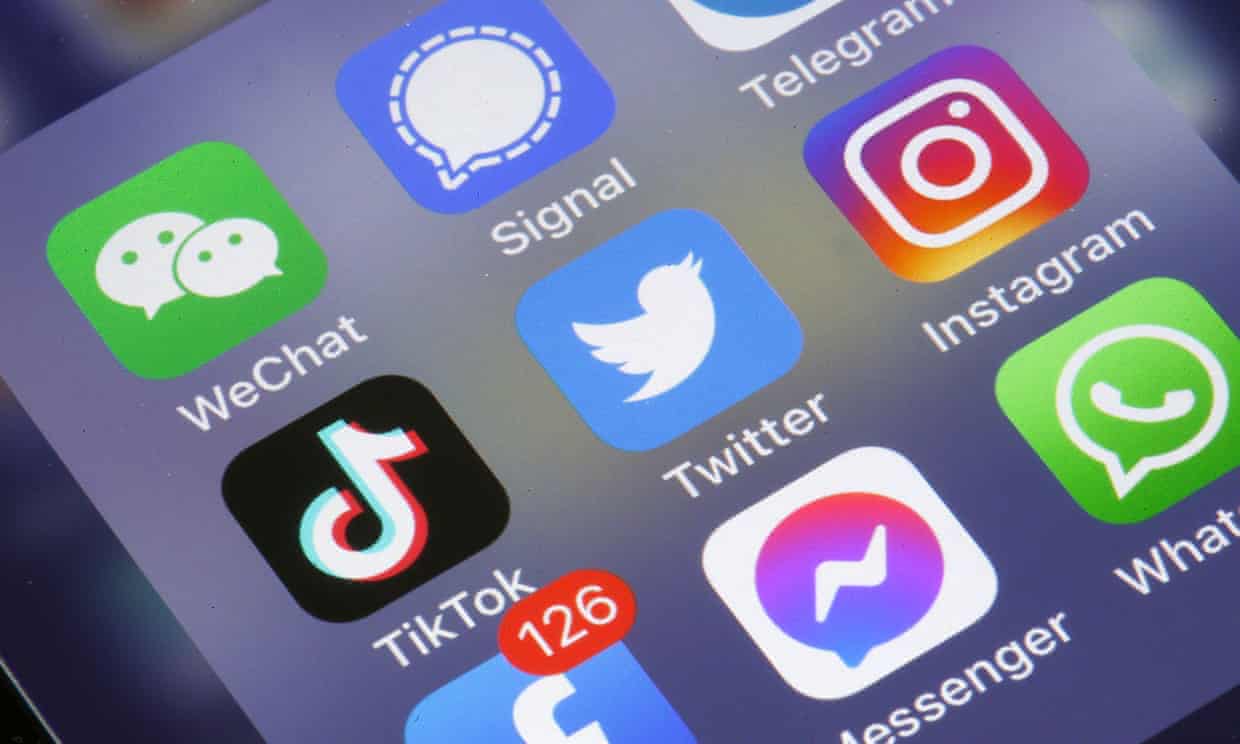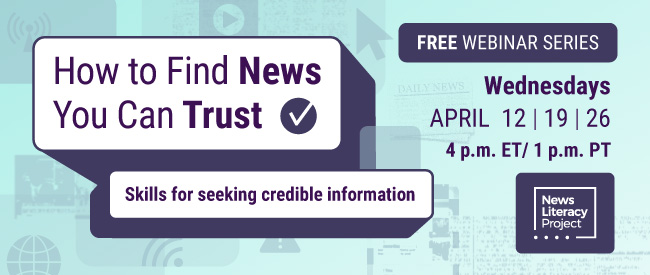👀 ICYMI: Last week we introduced a new tool geared to help you be informed, not misled!
 |
| The News Literacy Project introduces #Misinformation Dashboard |
✏️ Our #Misinformation Dashboard: Election 2024 collects examples of viral rumors, bringing trends into focus & empowering you to identify & resist falsehoods.
🔗 Dashboard -> https://t.co/LyhHkwNydr
Shared from -> https://t.co/M50I6bHklA
"Last week, we found 67 Facebook Pages, with a collective following of >9M people, with names like We Are America and American Story. All 67 were run by foreigners — many from Macedonia — posing as Americans to farm clicks. Sounds familiar, doesn’t it?" https://x.com/ebakerwhite/status/1828022973497819277
Subscription required -> https://www.forbes.com/sites/emilybaker-white/2024/08/26/the-foreign-pro-trump-fake-news-industry-has-pivoted-to-american-patriotism/
 |
| The News Literacy Project introduces #Misinformation Dashboard |


/cloudfront-us-east-1.images.arcpublishing.com/bostonglobe/6BW622BSARHWJJBNRPTVUNOV7Q.jpg)




